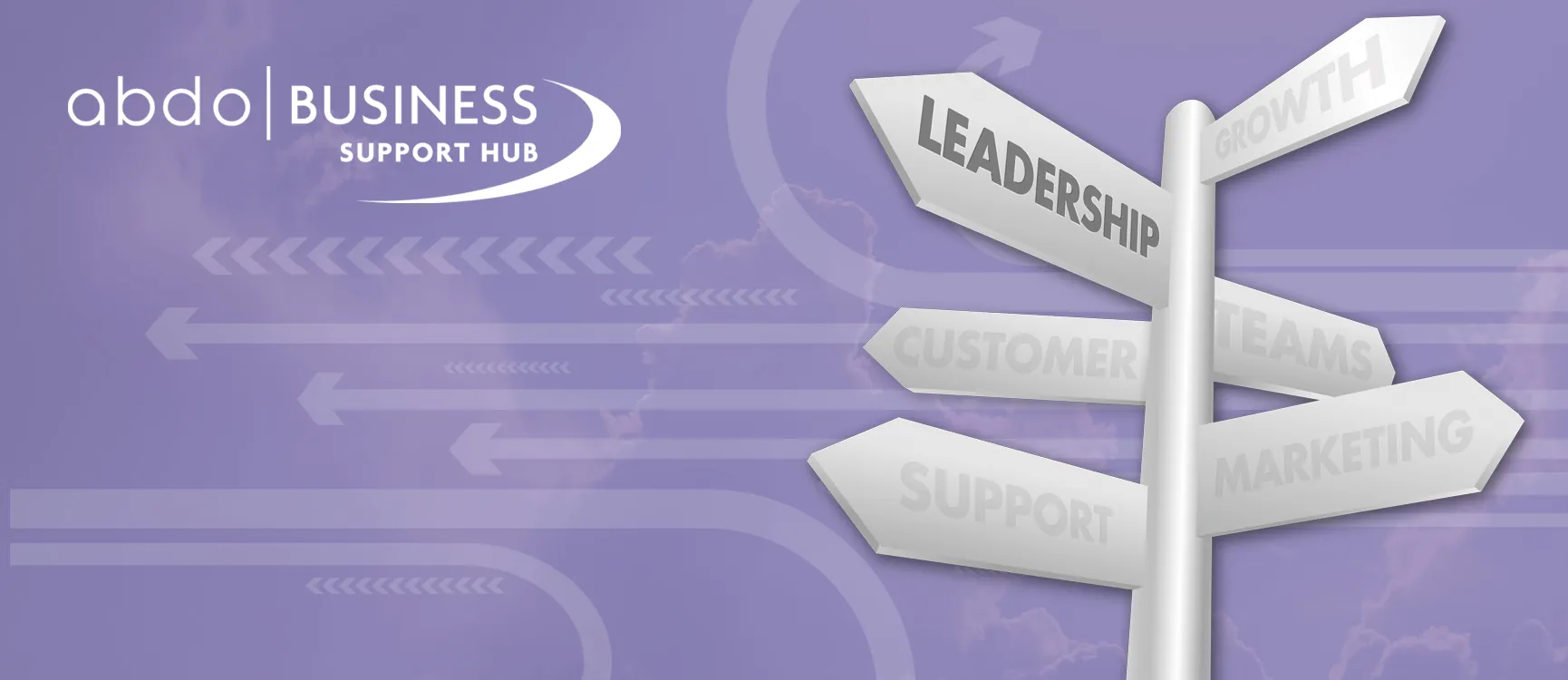
Celebrating National Mentoring Day
In the run-up to National Mentoring Day on 27 October, we have been considering the benefits of a mentoring programme.
National Mentoring Day was founded in 2014 to celebrate, connect, educate and support mentors, mentees and mentoring initiatives, ensuring everyone has an equal opportunity to reach their full potential through access to mentoring. In 2016 the Day was inaugurated as an official National Day at the Houses of Parliament.
This annual day attracts widespread press and social media interest and is therefore a great opportunity for any organisation to showcase their commitment to investing in people and supporting education, enterprise and society.
The Benefits of Mentoring
Mentoring is a professional relationship in which an experienced individual (mentor) provides guidance, support, and knowledge to a less-experienced person (mentee). It typically involves sharing expertise, advice, and insights to help the mentee develop skills, knowledge, and personal growth. Mentoring is commonly used for career development, where mentors assist mentees in setting and achieving career goals, navigating workplace challenges, and gaining industry-specific knowledge. It can also be employed for personal growth, entrepreneurship, leadership development, and skill enhancement, fostering a dynamic exchange of wisdom and experience between mentor and mentee.
It also improves the leadership, communication, management skills and confidence for both the mentee and the mentor.
Barriers for potential mentors
For a successful mentoring programme, there needs both mentors and mentees! As most people are keen to develop their skills, knowledge and ultimately their careers, it can be easier to identify mentees whilst identifying mentors can be more difficult.
The key barriers to a potential mentor can include: time, skills, experience and a lack of confidence in their own ability.
- Time – as a potential mentor you will no doubt have many demands on your time, and may be concerned that you could be signing up to an open-ended commitment. It is therefore important that at the start of a mentoring relationship you set out the time commitment you would be comfortable giving.
- Skills – a successful mentor will have the following skills: active listening; building trust; encouraging; instructing/developing capabilities; inspiring; and ability to identify goals and current reality, give constructive feedback, manage risks and open doors. Ultimately the mentor’s role is to listen to, guide and support their mentee. Skills that you will no doubt already have!
- Experience – as a potential mentor you may not yet be experienced in this field, but this is your chance to gain the experience! Their “qualification” for being a mentor, is that you have already walked some, if not all, of the path that the mentee is looking to walk. Therefore you will have a lot of wisdom, knowledge and connections which will benefit the mentee.
- Lack of confidence – a key barrier to becoming a mentor can be a lack of self-confidence. Regardless of the your own areas for development, you will still have plenty of areas where you can support, advise and guide a mentee. We are all on a learning journey.
In exploring the potential barriers for potential mentors, we should consider a famous quote from Henry Ford: “Anyone who keeps on learning not only remains young but becomes constantly more valuable”.
Through mentoring, the mentor will learn much about themselves – their own strengths and areas for development; and they will learn from the mentee – reverse mentorship.
Often mentorship can be seen as hierarchical, but in truth, everyone needs mentorship. A senior executive may understand business strategy, but may be less likely to understand Instagram for example. That’s where mentorship can truly benefit both the mentor and mentee.
In addition to reverse mentorship, there is real benefit to everyone having a mentor, regardless of how accomplished someone is. So in celebration of National Mentoring Day, why not consider areas where you may be able to develop and sign up to our mentoring programme to support your development.
